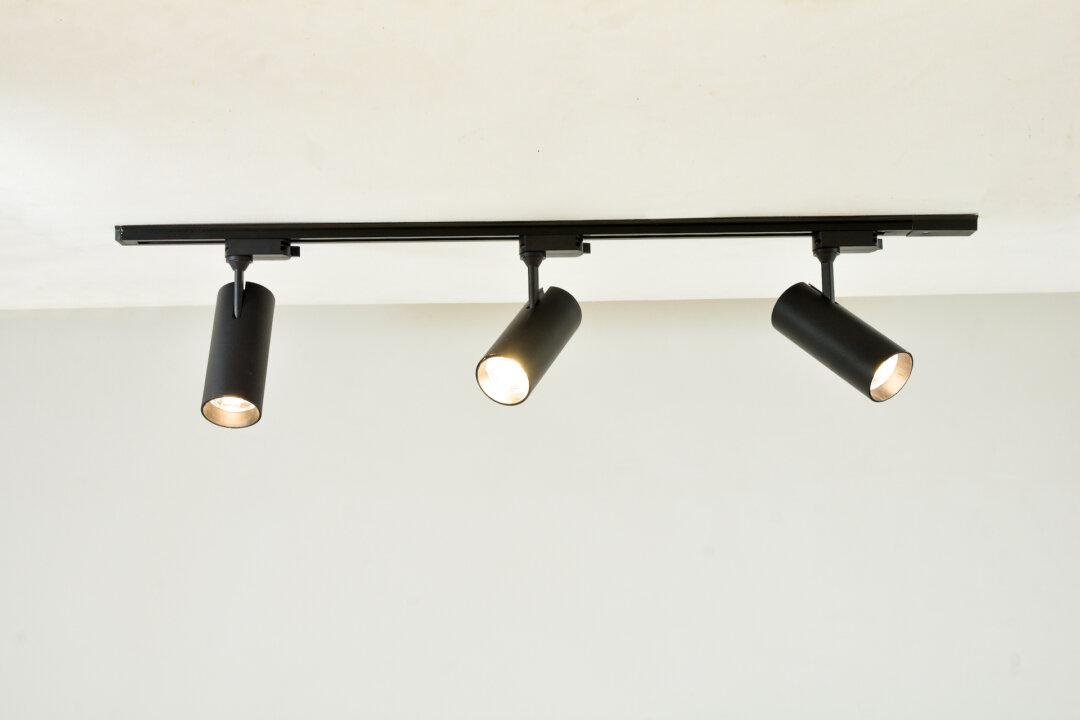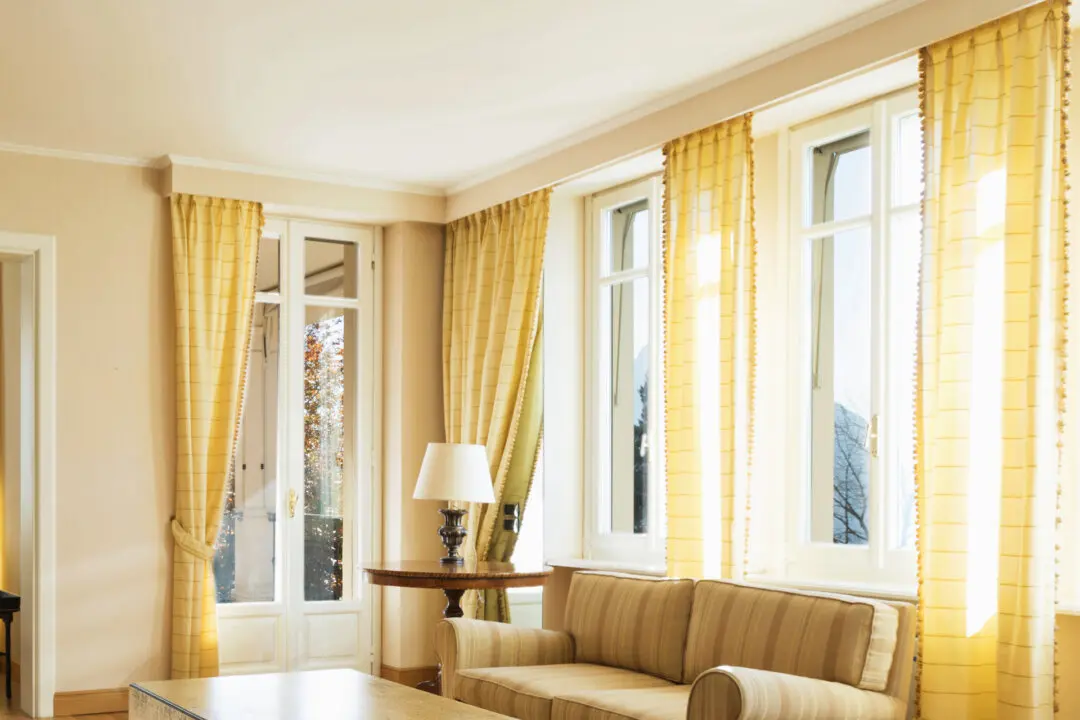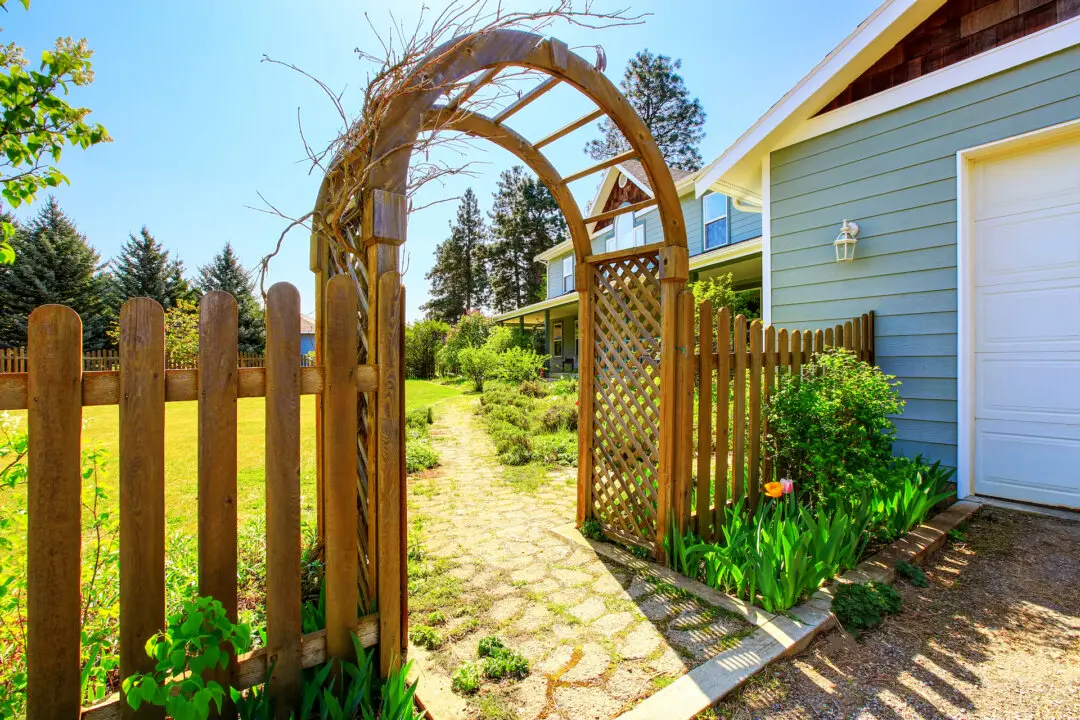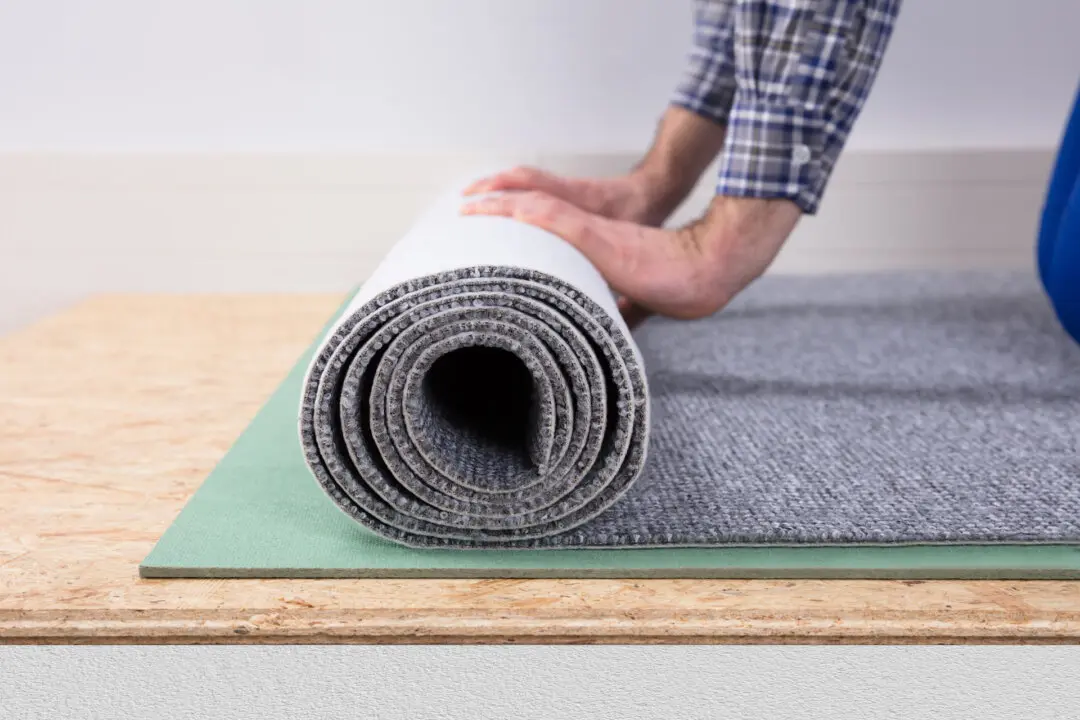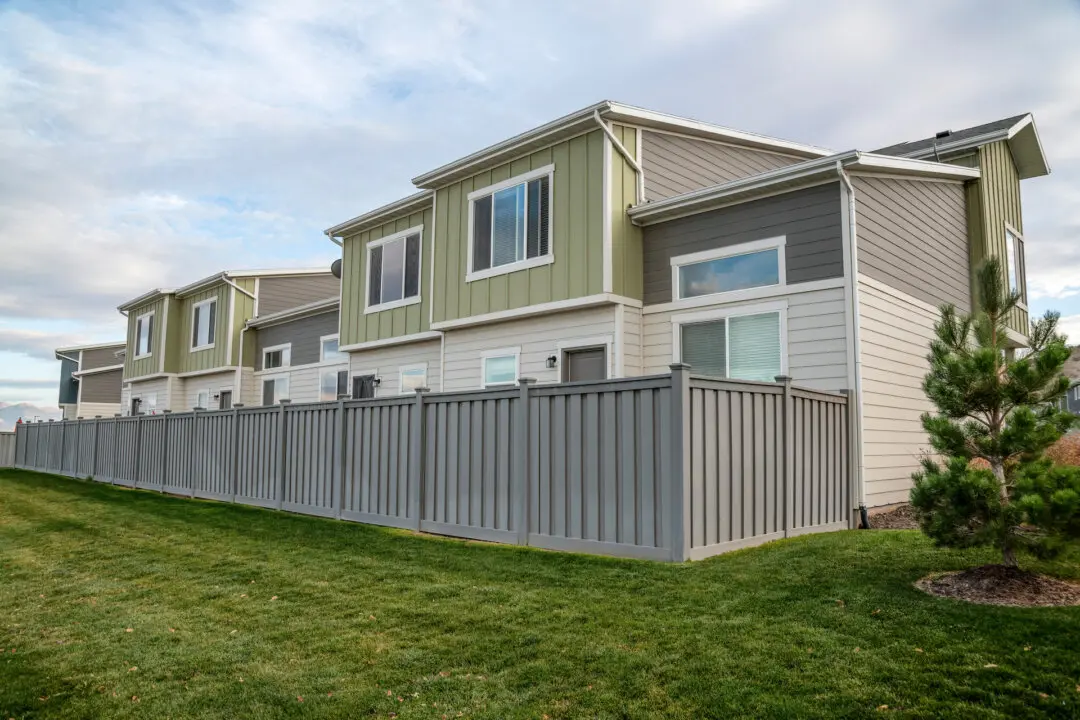Dear James: I think track lighting would be a good alternative to my old ceiling fixtures in my kitchen and living room. Is this a project I can try myself?—Rita T.
Dear Rita: Track lighting is not difficult to install yourself, especially when there is an existing light fixture in the ceiling of the rooms. The simplest part of the work is actually attaching the two wires and the ground wire. All of the components are lightweight and easy to handle.

